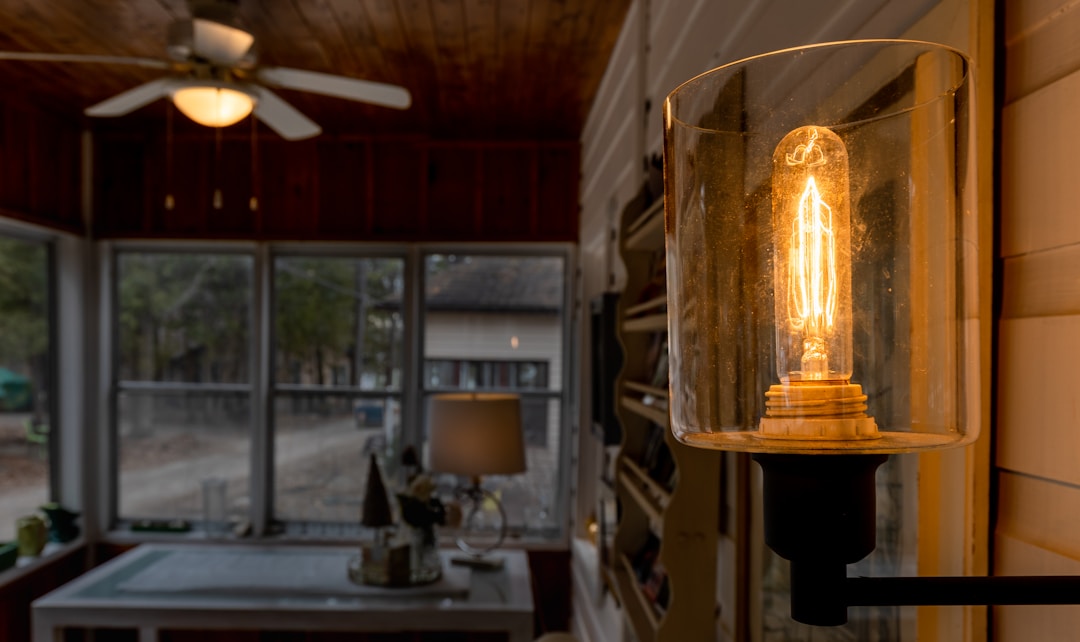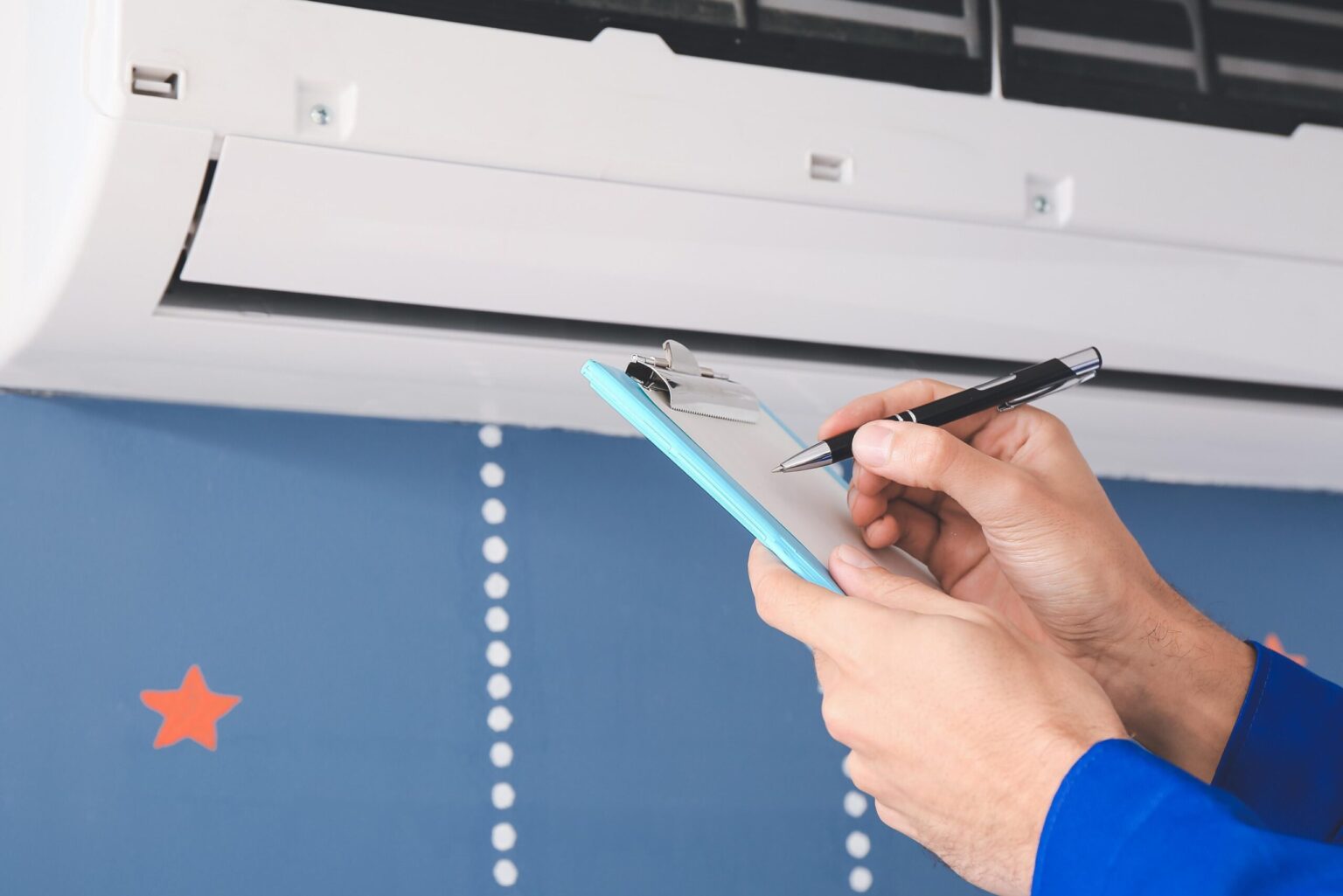The comfort of your home largely depends on the proper functioning of its HVAC (Heating, Ventilation, and Air Conditioning) system. From those sweltering summer days to the freezing winter nights, a reliable HVAC system ensures that you and your family remain cozy and safe. However, just like any other machine, HVAC systems also need regular maintenance to run efficiently. “A stitch in time saves nine,” they say. With that in mind, consider HVAC maintenance as that timely stitch, which not only prevents potential system malfunctions but also ensures optimal energy efficiency.
Whether you’re someone who has recently installed a new system or are looking to get the most out of your current one, this guide aims to equip homeowners with essential maintenance knowledge. And if you’re just starting out and need a reliable service, the folks at Mid – Mountain HVAC services come highly recommended. But for those keen on understanding some do-it-yourself tips, let’s dive in.
Understanding the Importance of Regular Maintenance
One of the primary reasons homeowners skip HVAC maintenance is because they underestimate its importance. It’s only when the system starts showing signs of trouble that panic sets in. Regular maintenance increases the lifespan of the system, ensures it runs efficiently, and most importantly, can prevent unforeseen and costly repairs.
When you keep up with regular check-ups and cleanings, you also ensure that your HVAC system runs efficiently, using less energy and therefore saving on utility bills. Over time, neglecting maintenance can lead to decreased efficiency, which translates to higher energy bills and increased wear and tear on the system.
Changing Filters is Key
One of the most straightforward yet crucial maintenance tasks is changing the HVAC air filters. Over time, dust, debris, and allergens accumulate in the filters, causing the system to work harder than it should. This not only results in inefficient operation but can also deteriorate the air quality in your home.
Ideally, homeowners should inspect filters once a month and replace them at least every three months. However, if you have pets or live in an area with high pollen counts, you might need to change them more frequently.
Inspecting for Leaks and Blockages

Leaks in your HVAC system can be detrimental. Whether it’s the refrigerant leaking or gaps in the ductwork, these seemingly minor issues can lead to significant energy losses. It’s essential to periodically inspect the system for any signs of leaks. A simple way to do this is by checking the refrigerant lines for any frost or icing, which could be an indication of a leak.
Similarly, blockages can hinder the efficient functioning of your HVAC system. Over time, dirt and debris can accumulate in the vents and ducts, restricting airflow and putting undue strain on the system. Make it a practice to visually inspect vents and ducts and clean them if necessary.
Keeping the Area Around Your HVAC Units Clear
The outdoor unit of your HVAC system, commonly referred to as the condenser, needs adequate airflow to function correctly. Overgrown vegetation, debris, or any obstructions can impede this airflow, causing the unit to overheat or malfunction.
Regularly inspect the area around your outdoor unit and ensure there’s at least a two-foot clearance on all sides. Remove any debris, trim vegetation, and make sure the unit stands on a level surface to prevent any potential water pooling.
Scheduling Professional Inspections
While there’s a lot homeowners can do to maintain their HVAC systems, some tasks are best left to professionals. It’s recommended to schedule a professional inspection at least once a year, preferably during the spring or fall. These inspections often include a thorough check-up of all components, cleaning of the evaporator and condenser coils, checking refrigerant levels, and inspecting for any potential issues that might crop up in the future.
A professional can also calibrate the thermostat, lubricate moving parts, and ensure the system is running at its optimal efficiency. It’s an investment that often pays off in the form of fewer repairs and a longer system lifespan.
Ensuring the Longevity of Your HVAC System
While the importance of HVAC maintenance can’t be stressed enough, it’s equally vital to ensure the longevity of your system. This not only involves regular check-ups and cleaning but also involves using the system judiciously. For instance, avoid setting the thermostat too low during summer or too high during winter. Such practices not only lead to increased energy consumption but also put undue strain on the system, leading to potential malfunctions.
The Role of Smart Thermostats in HVAC Maintenance
The advent of smart thermostats has revolutionized the way homeowners interact with their HVAC systems. These devices not only allow for more precise temperature control but also help in monitoring system health. Modern smart thermostats can alert homeowners about irregularities in the HVAC system’s functioning, such as sudden drops in efficiency or potential malfunctions. By integrating a smart thermostat into your HVAC system, you essentially equip it with an added layer of protection against unforeseen issues.
Additionally, with features like energy usage statistics and maintenance reminders, smart thermostats enable homeowners to make informed decisions about system upkeep. This not only ensures that the HVAC system runs efficiently but also extends its operational lifespan.
The Art of Balancing Your Home’s Ventilation

Often overlooked, ensuring balanced ventilation in different parts of your home can play a significant role in HVAC maintenance. When some rooms receive more airflow than others, it can lead to uneven temperatures, forcing the HVAC system to work harder to maintain the desired temperature setting. Over time, this can strain the system, leading to potential issues.
One way to ascertain balanced ventilation is to observe the temperature differences between different rooms. If some rooms consistently feel colder or warmer than others, it might be an indication of uneven ventilation. Consider adjusting the vents in these rooms or consulting with an HVAC professional to address the imbalance.
Dealing with Humidity and Your HVAC System
Humidity can be an HVAC system’s nemesis. High humidity levels make the air feel warmer, leading many homeowners to lower their thermostat settings, putting additional strain on the system. Conversely, in winter, low humidity can make the air feel colder, causing homeowners to crank up the heat.
It’s crucial to maintain optimal humidity levels in your home for both comfort and the well-being of your HVAC system. Investing in a hygrometer can help you monitor indoor humidity. If you find that humidity levels consistently veer off the optimal range (generally considered to be between 30-50%), consider integrating a humidifier or dehumidifier with your HVAC system. This not only ensures comfort but also prevents potential HVAC issues caused by extreme humidity levels.
Deciphering Unusual Noises from Your HVAC System
An HVAC system in perfect working order should operate with minimal noise. However, unusual sounds like clanking, hissing, or constant humming might be indicative of underlying problems. For instance, a rattling noise might mean there’s a loose component, while a whistling sound could indicate a blockage or leak.
As a homeowner, it’s essential to be attuned to your HVAC system’s regular operational sounds. If you notice any abrupt changes or persistent unusual noises, it’s a sign to inspect the system or call in professionals. Addressing these issues promptly can prevent minor problems from escalating into significant malfunctions.
The Path to a Comfortable Home Environment
Maintaining your HVAC system is not just about ensuring its longevity or avoiding costly repairs. It’s about guaranteeing a comfortable living environment for you and your loved ones. A well-maintained HVAC system ensures optimal indoor air quality, energy efficiency, and a cozy atmosphere regardless of the season. So, don’t wait for your system to show signs of trouble. Stay proactive, follow the above tips, and enjoy the myriad benefits of a well-functioning HVAC system.













